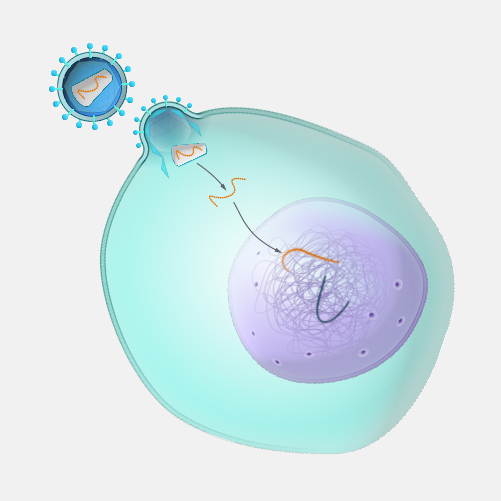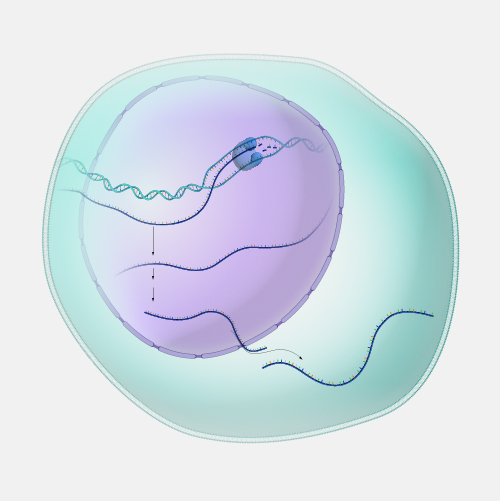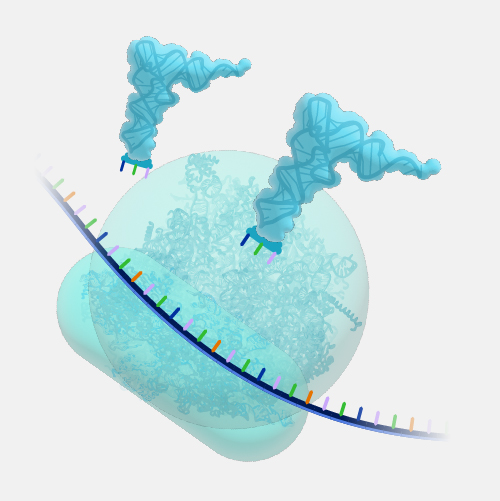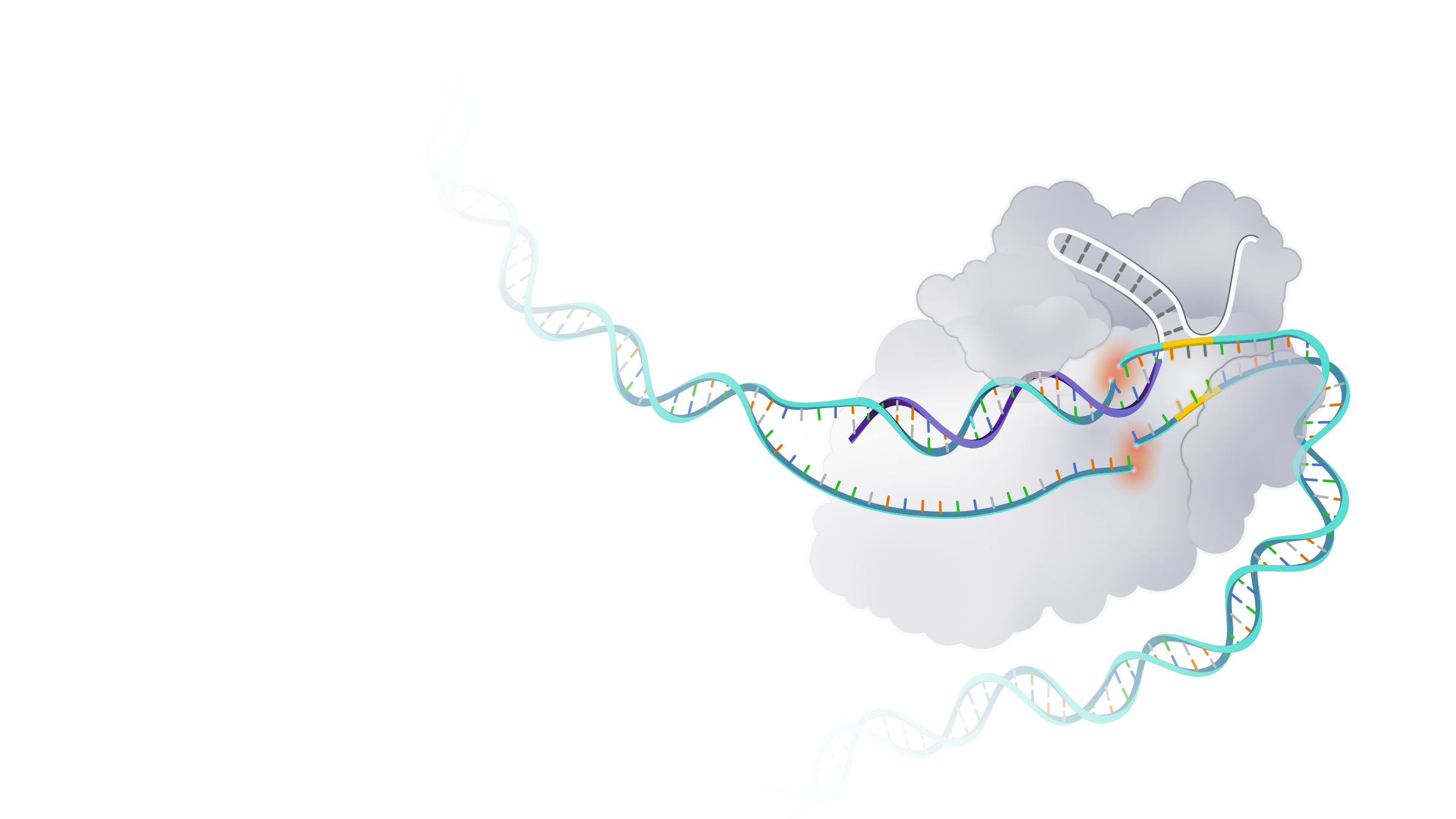
CRISPR
Definition
CRISPR (short for “clustered regularly interspaced short palindromic repeats”) is a technology that research scientists use to selectively modify the DNA of living organisms. CRISPR was adapted for use in the laboratory from naturally occurring genome editing systems found in bacteria.
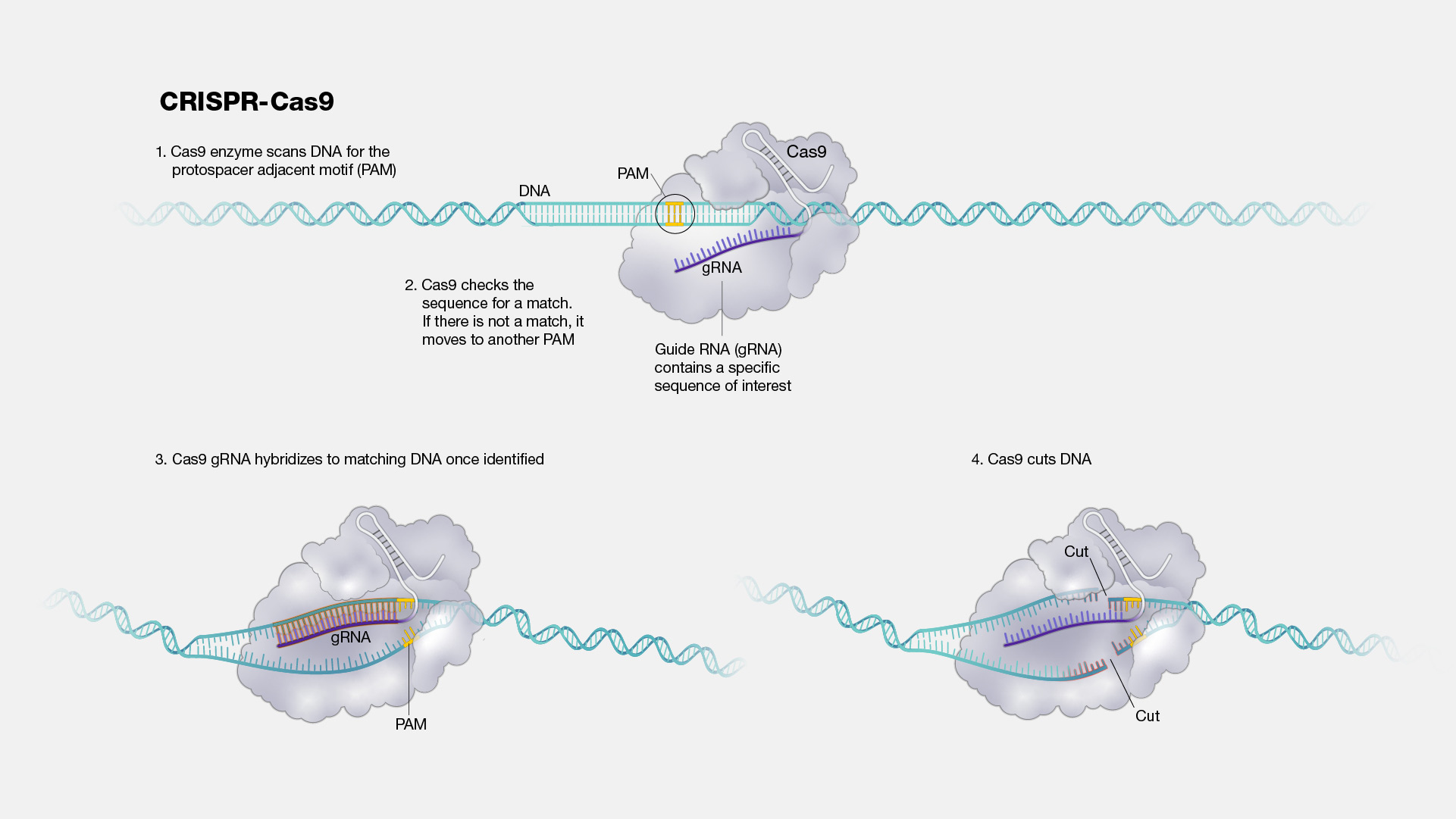
Narration
CRISPR. When I first learned about CRISPR about a decade ago, the technology and the future possibilities were just amazing. A few years after that, I had the joy of meeting Dr. Jennifer Doudna at a small meeting at NHGRI, and we knew at that time that we were talking to a future Nobel Prize winner and, indeed, she got that very recently. This class of enzymes from bacteria has many, many uses, and I thought I'd pick one just for its timeliness. It provided the simple method for detection of COVID ribonucleic acid -- or RNA -- without making copies up front or performing gene amplification, or sometimes called PCR. And that's just a nice impactful example of so many places that this discovery has been important.



